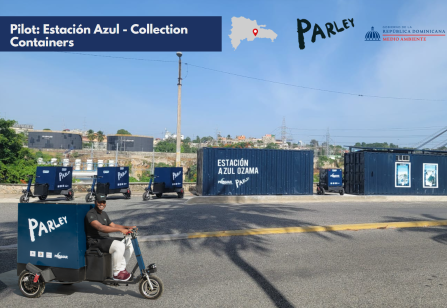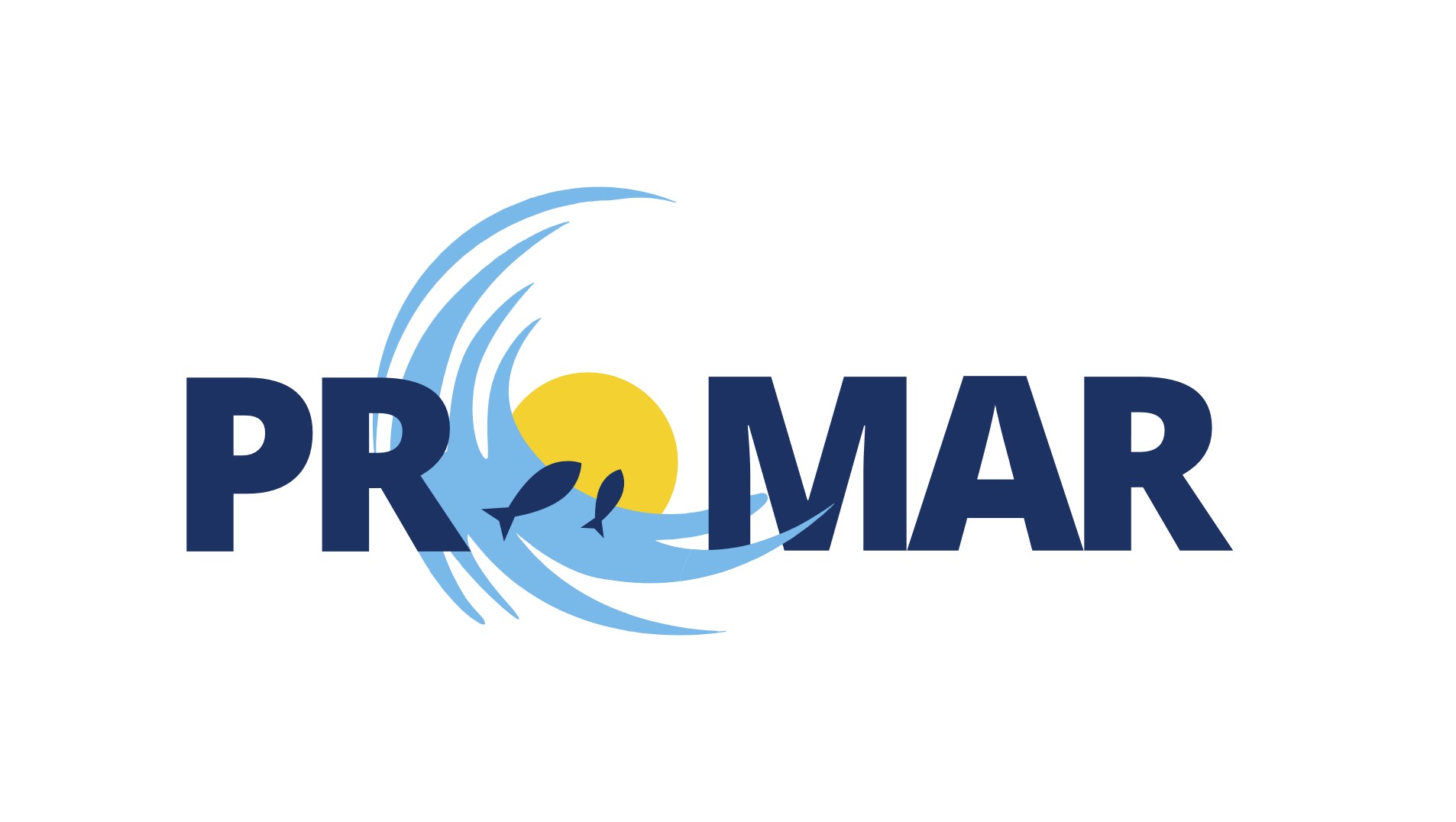
Project Duration: 2022 - today
Partners: Local institutions, government bodies, and NGOs
Blue Stations: Leading the Charge in Waste Management and Environmental Sustainability in Santo Domingo
In Santo Domingo, the Blue Stations project is redefining waste management and environmental sustainability. Initiated by Parley for the Oceans under the PROMAR initiative, this project tackles the critical issue of plastic pollution. The Greater Santo Domingo area faces significant challenges, with a large portion of plastic waste ending up in open landfills or the sea due to inefficient waste management systems.
Project Goals
- Enhance plastic waste valorization by improving collection and recycling processes.
- Raise community awareness about the impact of marine waste on the environment.
- Strengthen collaboration between local governments and marine waste prevention initiatives.
Key Results
- Engaged over 800 households in sustainable waste management practices.
- Collected 9,000 kg of plastic waste within 1.5 years, with 82% being PET and 17% HDPE.
- Established strategic partnerships with local institutions, government bodies, and NGOs to amplify project impact.
- Conducted multiple awareness campaigns, significantly increasing community involvement.
Challenges Addressed
- The ongoing deterioration of marine ecosystems due to improper waste disposal.
- Low levels of community awareness about the consequences of marine pollution.
- Difficulty in obtaining accurate data on waste types and quantities, impacting prioritization efforts.
- Health risks from marine pollution, including microplastics entering the food chain.
The Blue Stations project not only addresses immediate environmental concerns but also demonstrates significant potential for scalability and replication in other regions. By fostering community-driven efforts and strategic partnerships, Blue Stations set a precedent for environmental projects worldwide, offering a compelling blueprint for tackling plastic pollution and promoting sustainable waste management.
-Installation of strategically placed containers for sorting and recycling.
-Comprehensive advertising and awareness campaigns using the slogan “I recycle, I am blue.”
-Conducting door-to-door awareness days to educate residents on recycling practices.
-Forming alliances with local institutions and NGOs to enhance project impact.
-Develop strategies for financial sustainability beyond initial project funding.
-Explore opportunities to include other recyclable materials, such as paper and glass.
